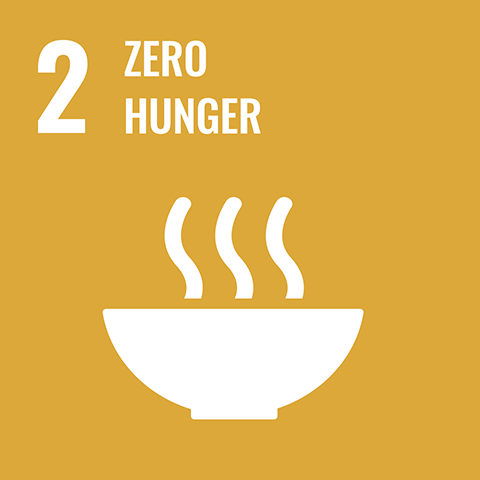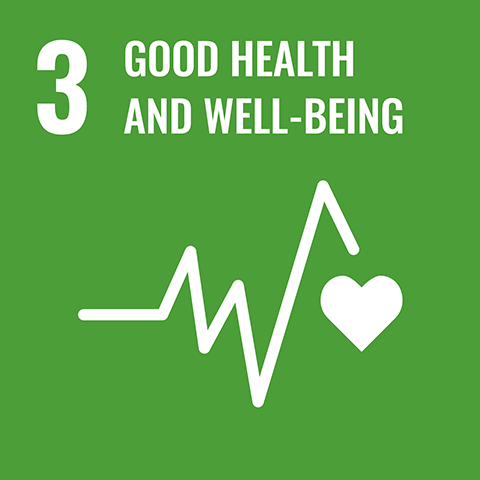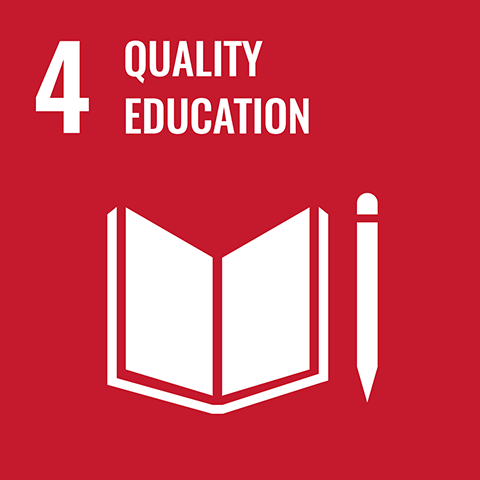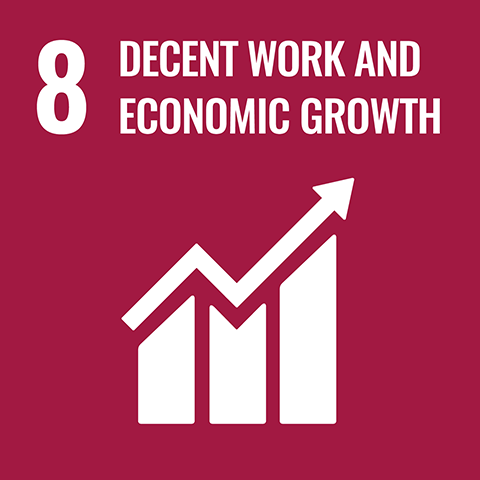Children becoming confident writers through drawing and storytelling.
This research supports United Nations Sustainable Development Goals:




Noella Mackenzie has built a network of collaborators researching how writing is learned and taught. The research found that by tapping into young children’s drawing and storytelling, writing can be fun and confidence-building while achieving formal literacy goals.
When we first trialled this process, teachers said they were concerned the children wouldn't meet the achievement goals, but in fact they pushed past them.– Dr Noella Mackenzie
Learning to write is one of the big challenges for students in the first years of schooling. Writing is a complex skill and not an easy task for many young children as evidenced by national testing data.
Noella’s research shows that drawing and writing are related ways of communicating and being understood. When children are encouraged to draw as the first step in communicating, they tend to become confident, flexible writers compared to children who are taught drawing and writing separately.
An increasing number of educators and families are using Noella’s approach to teaching children to write, and are finding that young children can make big gains in literacy through fun and positive learning. The approach is being adopted in Australia and overseas.
The topic of children’s early drawing, talking to support writing is one that resonates with all early years’ services. The research alongside the practical examples is powerful for all.
– Kerryn Lockett, Moonee Valley City Council
Noella Mackenzie has been researching the relationship between drawing and writing as a means of communication since 2007. Working with a network of research partners, she found that prioritising drawing, talking and storytelling as part of literacy programs helps children learn to write.
Noella noticed that children usually enjoy drawing and do it willingly. This research explored how their motivation can be used to help children gain writing skills in fun and positive learning experiences. Shifting focus from formal writing skills to ‘making meaning' through drawing has had observable positive outcomes for children meeting formal literacy milestones, and they tend to display more flexible and independent learning in general. The research findings also suggest that when learning to write is a positive experience, this may benefit students' confidence, classroom behaviour and teacher experiences.
A new approach to teaching writing has developed from this research. Driven by Noella's passionate commitment to supporting educators, families and children, this approach is gaining momentum.
The Victorian Curriculum and Assessment Authority (VCAA) explains that Noella's work has been "critical" to informing the VCAA's approach to thinking about literacy development as a continuum. The VCAA website contains links to Noella's work and resources from this program of research, further showing the impact for the VCAA
Noella has a rare ability to distil complex ideas and deeply researched concepts so that they are simplified and widely accessible, without losing richness, depth and respect for her audience.
– Emeritus Professor Aline-Wendy Dunlop, Vice-President, Early Education, Scottish Coordinator Pedagogies of Educational Transitions Project
Dr Noella Mackenzie has built a network of collaborators researching how writing is learned and taught. The research found that by tapping into young children’s drawing and storytelling, writing can be fun and confidence-building while achieving formal literacy goals.
Noella is continuing to develop strong partnerships and to provide professional development to educators and other practitioners. The research program is evolving to explore the area of keyboarding as part of literacy in the 21st century.
Dr Noella Mackenzie is a Senior Lecturer in Literacy Studies in the School of Education on Charles Sturt University’s Albury-Wodonga Campus. Noella strives to connect her research, university teaching and ongoing professional work with teachers in schools.
This program of research has been funded by the VCAA, NSW Department of Education and Training (Riverina region), University seed grants and Research Centre Fellowships.
Collaborators include staff from the Victorian Curriculum and Assessment Authority (VCAA) and PhD students and colleagues from Monash University, University of Melbourne and Lapland University.
This new approach to learning, which focuses on existing motivations for creativity and storytelling is contributing to the development of educated, healthy, resilient young people.